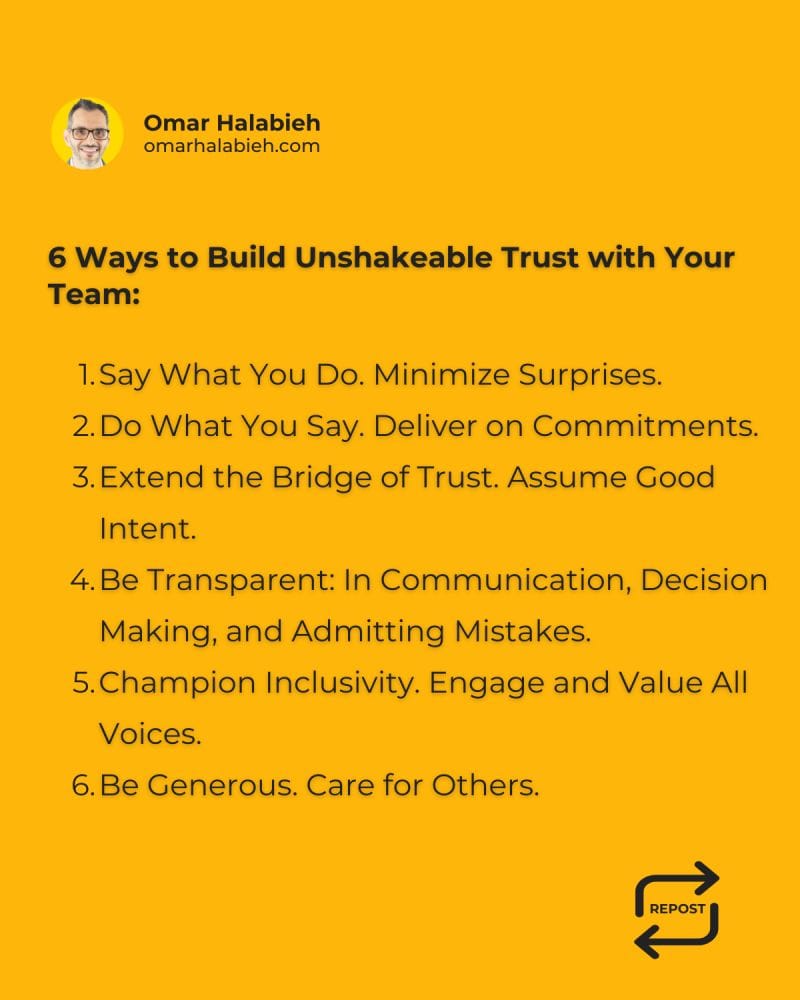Are you part of a real team?
Or do you sometimes feel isolated, unclear, and disconnected, even though you're surrounded by colleagues?
Early in my career, I naively believed that assembling a group of high performers automatically equated to a high-performing team.
But reality proved otherwise.
Instead of synergy, I witnessed friction. The team wasn’t meshing; it was like gears grinding without proper lubrication.
Each high performer, while brilliant on their own, seemed to have their own agenda, often pulling in different directions.
The energy and time spent on internal friction was enormous, and the anticipated results? Well, they remained just that – anticipated.
It was a stark realization that a team's effectiveness isn't just about individual brilliance—it's about harmony, alignment, and collaboration.
With our workplace becoming increasingly diverse, dispersed, digital, and dynamic this is no easy feat.
So, in my quest to understand the nuances of high performing teams, I reached out to my friend Daria Rudnik. Daria is a Team Architect - specializing in engineering remote teams for sustainable growth.
She shared 5 key insights that can make all the difference:
1. Define a Shared Goal
↳Why? A team truly forms when united by a shared goal that can only be achieved together, not just by adding up individual efforts,
↳How? Involve the team in setting a clear, measurable goal at the project's start. Regularly revisit and communicate this goal to keep everyone aligned and motivated.
2. Cultivate Personal Connections
↳Why? Personal connections hold a team together, boosting trust, support, and understanding for a more productive environment.
↳How? Begin meetings with a social check-in. Let team members share updates or feelings, enhancing connection and understanding.
3. Clear Communication
↳Why? It’s the backbone of a successful team, preventing misunderstandings and building trust.
↳How? Hold regular team meetings and check-ins. Ensure a safe environment for expressing thoughts and concerns.
4. Defined Roles and Responsibilities
↳Why? Clear roles prevent overlap and ensure task coverage, giving a sense of ownership and accountability.
↳How? Outline everyone’s roles at the project's start, ensuring understanding of individual contributions to overall goals.
5. Provide Regular Feedback and Recognition
↳Why? Feedback clarifies strengths and areas for improvement. Recognition boosts morale and motivation.
↳How? Hold regular, constructive feedback sessions. Publicly recognize and reward achievements.
Remember, 'team' isn't just a noun—it's a verb. It requires ongoing effort and commitment to work at it, refine it, and nurture it.
👉 Want to supercharge your team's performance? Comment “TEAM” on the link below to grab your FREE e-book and learn how to 𝐀𝐜𝐜𝐞𝐥𝐞𝐫𝐚𝐭𝐞 𝐘𝐨𝐮𝐫 𝐓𝐞𝐚𝐦'𝐬 𝐏𝐞𝐫𝐟𝐨𝐫𝐦𝐚𝐧𝐜𝐞 in just 90 days, courtesy of Daria.

